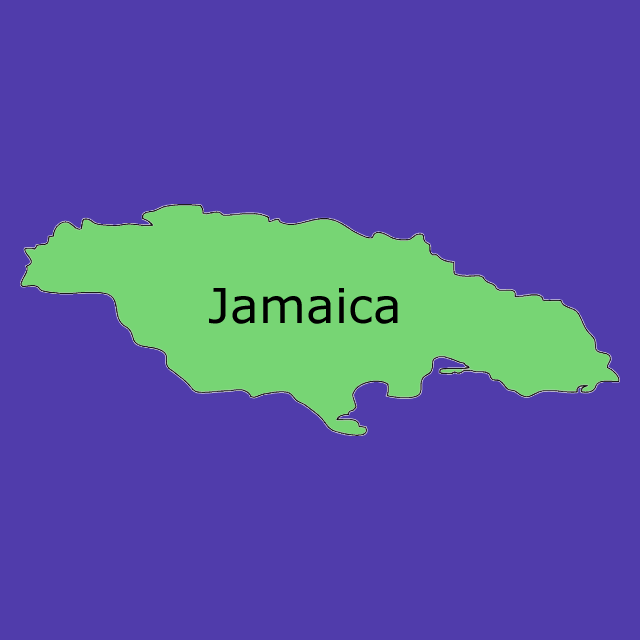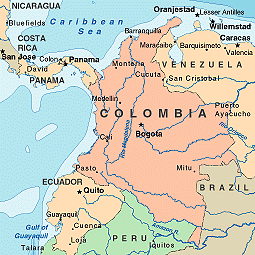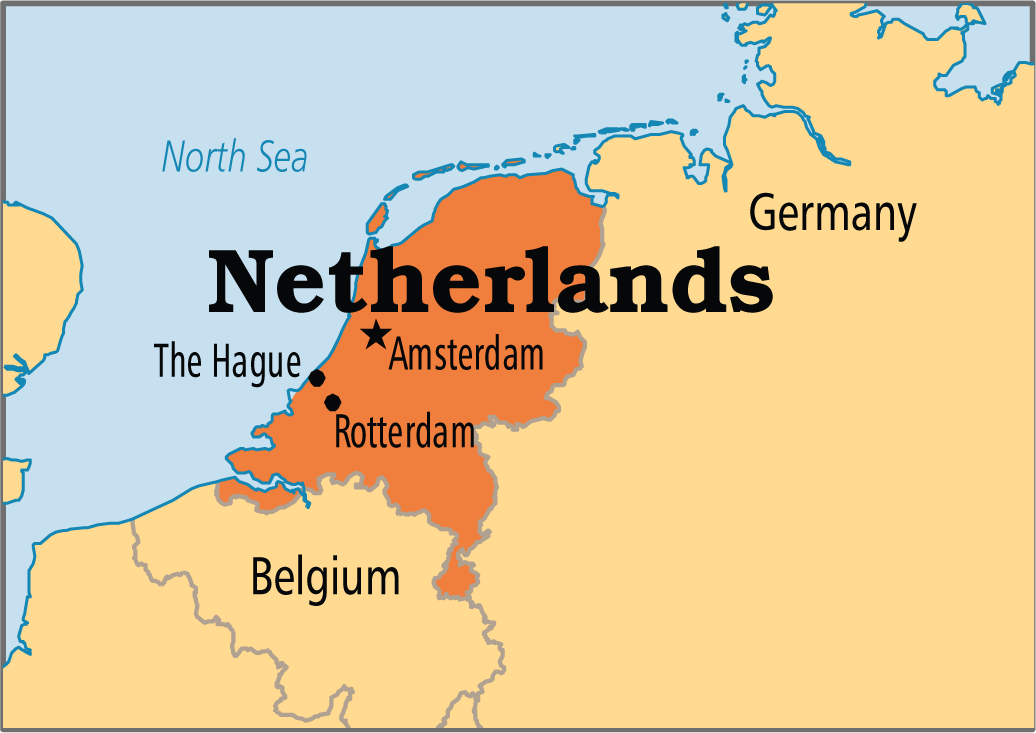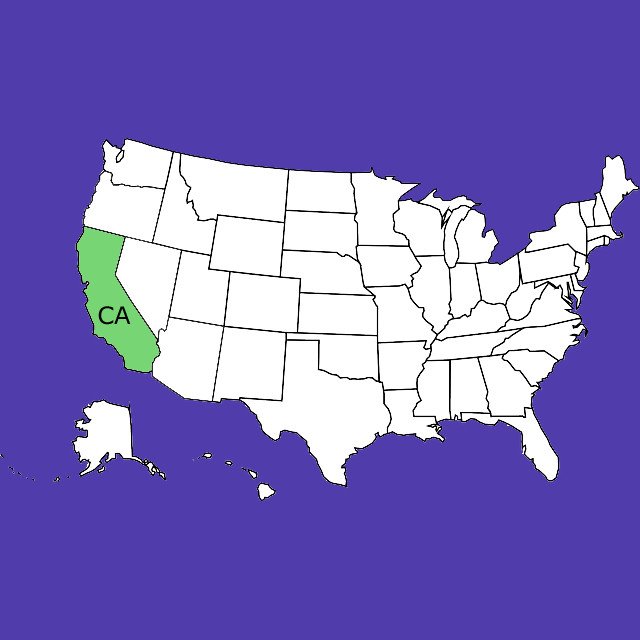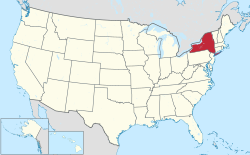Another Anti-Cannabis RICO Case Goes Up in Smoke, But an Existential Threat Remains
The proliferation of cannabis-related businesses in states that have legalized marijuana – medical and/or recreational – has sparked a foreboding trend in the courts. Opponents have sought to use the heavy weapon of RICO, the federal Racketeer Influenced and Corrupt Organizations Act, to prevent or close such facilities. Although these efforts to target cannabis-related businesses with the a statute originally designed to fight organized crime have so far failed, cannabis-related businesses are not yet in the clear and the specter of RICO liability remains.
Are Recent Medicinal Cannabis Flower Exports out of Jamaica Legal?
Minister of Ministry of Industry, Commerce, Agriculture and Fisheries, Audley Shaw, recently lauded Cannabis company, Jacana, for making a multi-million-dollar investment in the cannabis industry as the first local entity to export cannabis flowers from Jamaica.
Cannabis Law Journal: April 2019 Issue 12
Welcome to Issue 12 of the quarterly online Cannabis Law Journal where we collect the best articles submitted to us and written by legal professionals covering the ever growing world of regulated cannabis. When we published our first issue back in June 2016…
Frost Brown Todd – Now is the Time to Plan IP Strategies for Industrial Hemp
Although the growth and production of industrial hemp was recently heavily regulated by the federal government, the U.S. Patent and Trademark Office is actively reviewing and granting patents related to industrial hemp technology. In fact, the U.S. Department of Health obtained a utility patent relating to potential use of non-psychoactive properties of the cannabis plant to protect the brain from damage or degeneration caused by certain diseases.
The protection of cannabis companies financial rights within Colombia’s legal system
Even when the government has fully regulated and legitimated the cannabis industry, from administrative licenses for the cultivation and processing of psychoactive and non-psychoactive cannabis, to sanitary matters for the commercialization of cannabis derived products, unfortunately, financial institutions, and particularly banks, are still coming up with obstacles for cannabis companies to acquire financial services.
What Cannabis Cultivators and Retailers Need to Know About Product Liability Lawsuits
In Massachusetts and other states, perhaps the most common basis for a product liability lawsuit is that the manufacturer or seller did not adequately warn of a reasonably foreseeable risk arising from the product.
Key Legal Considerations for Cross-Border Cannabis and Hemp Agreements
Cannabis companies have gone global, and with that expansion comes additional legal considerations. Canadian cannabis company Aurora cannabis just announced that they will now be operating in Germany, Italy, and Australia, expanding their current international portfolio. Tilray distributes its products globally across Canada, Europe, Australia and Latin America. This post will explore some of the key legal provisions to include in an international cannabis (or hemp) contract — whether it be for supply, consulting services, or a joint venture.
UK: Medicinal Cannabis – How far have we really come?
Cannabis, for medicinal purposes, was legalised nearly four months ago in the UK, but how many patients are actually reaping the benefits, and how far have we really come?
TNI Publish Free PDF: Cannabis Regulation in Europe: Country Report Netherlands
In recent years, inconsistency has become a major issue in the national debate on cannabis policy, not least because of pleas by local authorities for renewal, in particular to regulate the back door and to establish a closed circuit from cannabis cultivation to selling to consumers in coffeeshops.
TNI Publish Free PDF Report: Cannabis Regulation in Europe: Country Report Denmark
The context of cannabis policy and enforcement practice in Denmark has been increasingly repressive, shifting from an environment of tolerance towards a ‘zero-tolerance’ approach to the sale, use, and possession of cannabis. Political opposition to legalisation (and likewise, decriminalisation) so far outweighs support, and widespread media attention on the issue of medicinal cannabis since 2016 has not altered political positions on cannabis for recreational use.
North Carolina Is Most Recent State To Follow FDA Position On CBD
The upshot of all this generally, and in North Carolina specifically, is that there is strong legal precedent that businesses may continue to sell products containing full-spectrum hemp extract derived from lawful hemp. Additionally, it appears that NC is primarily focused on health claims. In an “educational” letter to sellers of CBD products in NC, the DACS states…..
West Virginia: Federal Court Ruling Vindicated Hemp Industry
The practical result of the case is that the Defendants, Matthew Mallory, Commonwealth Alternative Medicinal Options LLC, Gary Kale, and Grassy Run Farms LLC, will be allowed to have their hemp processed into CBD extract in Pennsylvania.
California: Guidance – Micro-business – Multi-License
If you wish to re-publish this story please do so with following accreditation AUTHOR: JORDAN ZOOT / A Biz In A Box PUBLISHER: CANNABIS LAW REPORT Guidance – Micro-business – Multi-License Guidance – Micro-business – Multi-License – CDTFA has published a new notice…
California: CCT and CET Collection Mechanics: “CDTFA failed abysmally to inform and educate the entire group – cultivators, distributors, and manufacturers, regarding the record-keeping responsibilities relating to CCT.”
We have discussed in other Posts our concerns about inadequacies in the information the California Department of Tax and Fee Administration [“CDTFA”] has distributed relating to the Cannabis Excise Tax [“CET”] and Cannabis Cultivation Tax [“CCT”] as well as inadequacies in the tax return CDTFA adopted[1].We have also regularly submitted questions to CDTFA. Frequently we have suggested answers to our questions.We are publishing this Post as the foundation for a series of at least three Posts in which we will suggest best practices in the financial record-keeping for cultivators, distributors, and dispensaries[2].
Back to the BRC: “The ability to tax cannabis is one of the main political reasons given to support recreational legalization. A successful tax system will need to raise money to pay for increased education, public health and enforcement costs associated with marijuana cultivation and use.”
Back to the BRC – while 2015 seems like ancient history, however, that was when then Lt. Gov. Gavin Newsome’s Blue Ribbon Commission published “Pathways Report – Policy Options For Regulating Marijuana in California” which contained a detailed analysis of the policy choices that were to be considered in what gave California Proposition 64 and subsequently SB 94 which led to the system of regulation for the legal cannabis industry that exists in California today.
The FDA and Hemp: Status Check
At the end of February 2019, as well as concurrent with the passage of the 2018 Farm Bill in late December 2018, Food and Drug Administration (“FDA”) Commissioner Dr. Scott Gottlieb made numerous public statements which offered hope to those waiting for the FDA to take affirmative leadership on hemp and cannabidiol (“CBD”) regulations. But, since then, further uncertainty has arisen as to what FDA’s position is and what happens next.
The USDA and Hemp: Status Check
The United States Department of Agriculture (“USDA”) is ramping up its rulemaking process pursuant to the Agriculture Act of 2018 (the “2018 Farm Bill”). When the 2018 Farm Bill removed industrial hemp — and its derivatives — from the Controlled Substances Act, industrial hemp was placed under the USDA’s authority. The 2018 Farm Bill clarifies and affirms that hemp is to be treated as an agricultural commodity, rather than as a controlled substance.
Can Industrial Hemp Save Louisiana?: A Study
Despite these commercial and environmental benefits, the cultivation of industrial hemp is still prohibited in Louisiana since the state has not designed nor received approval for a regulatory plan for the cultivation of the crop with the U.S. Department of Agriculture. I argue that, especially because of industrial hemp’s distinctive capacity to alleviate the state’s particular environmental problems, Louisiana needs to follow in the federal government’s footsteps to repeal these legal restrictions as soon as possible.
Cannabidiol (CBD)
Cannabidiol (CBD) is a naturally-occurring cannabinoid compound found in both cannabis and hemp. Its molecular formula is C 21 H 30 O 2 . Unlike THC, CBD does not have any psychoactive properties. The concentrations of THC and CBD vary greatly between cannabis and hemp, since “industrial hemp” will have a THC concentration of less than 0.3 percent.
Are the expectations for Tax Revenues too high?
Premised under the guise of the empowerment of the under represented class, New York Governor Andrew Cuomo recently unveiled his plan to end cannabis prohibition in New York State. In a similar vein, New Jersey Governor Phil Murphy has echoed these sentiments by repeatedly stating that social justice is the primary factor in his state’s legalization efforts.






